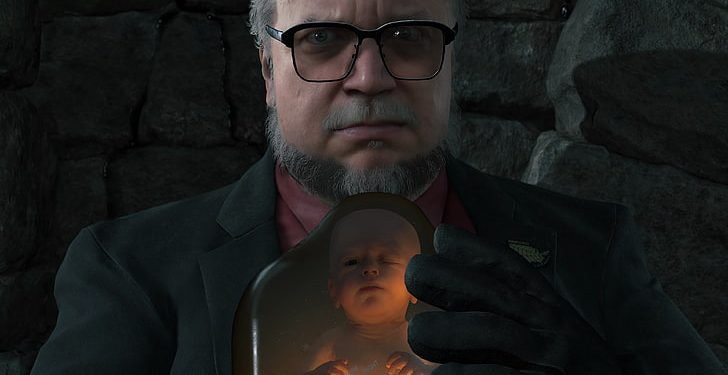Guillermo del Toro, the director, explains what distinguishes his Pinocchio film from others. Guillermo del Toro’s Pinocchio, which debuted on Netflix on December 9, is partly inspired by the Carlo Collodi story and is set in Italy during the Fascist era. The adaptation has received positive reviews and is up for three Golden Globe Awards: Best Animated Feature and Best Original Song.
Del Toro explains to Variety what makes his Pinocchio adaptation so special. He emphasizes, among other innovations, that while youngsters would surely enjoy his movie, that was not his main objective. He explains how he wanted to make a movie that audiences of all ages, adults and children alike, could “debate and enjoy,” differentiating between “family” movies and “babysitter” movies. Below, you can see more of del Toro’s remarks:
Why Pinocchio by Guillermo del Toro Is the Best Adaptation So Far
In addition to Disney’s live-action Pinocchio, del Toro’s character interpretation was also made available in 2022. Disney’s Pinocchio has drawn criticism for being an unnecessary remake and for being deemed, due to its lack of charm and poor storyline, to be inferior to the original 1940 version. The title character has been the subject of various adaptations by numerous nations, including productions in Italy, Russia, & Indonesia, to name a few. Disney may have only twice adapted the original narrative. But until del Toro’s version, none nearly had the staying power or notoriety of Disney’s animated original. Pinocchio is a very personal and much-awaited passion project for del Toro, and it is evident in the finest possible ways.
Guillermo del Toro’s Pinocchio is a visually spectacular piece of art that brings its musical and fantastical components to life with breathtaking stop-motion animation influenced by artist Gris Grimley. A talented voice cast featuring seasoned actors like Ewan McGregor, Christoph Waltz, Tilda Swinton, and Cate Blanchett also brings the characters to life. But what distinguishes this movie is how the plot concepts handle. Del Toro concentrates on adult themes, including civic disobedience, humility, and mortality, by taking a darker and more sophisticated tack.
Pinocchio can acquire self-worth and outside affection without changing into a human boy.
Instead, he improves almost everyone in his vicinity, including Sebastian, Gepetto, and Spazzatura. Del Toro develops a grand, moving, and timely narrative by separating the contents of the plot.
Del Toro reminds viewers that Pinocchio is classic for a reason. He asserts that despite the narrative to gear toward children for a long time, it has a universality and depth that appeal to all viewers. Since it to first revealed in 2008, Guillermo del Toro’s Pinocchio has been developing; for many, the wait has been mainly worthwhile. Del Toro reaffirms his position as one of this generation’s most creative and influential filmmakers by injecting his distinctive style into the remake.
